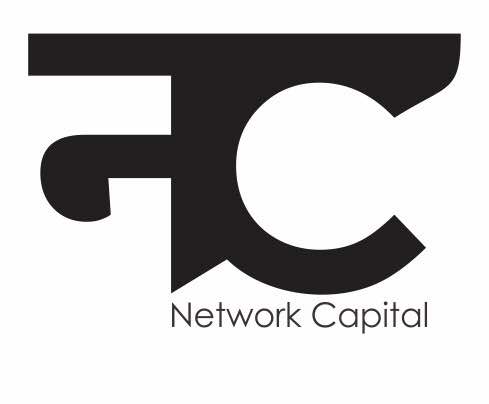Learn from Sanya and others like her
Sign up to our mailing list
Thank you!
Get weekly updates on from the Network Capital Community
Content
Resources
Upcoming events

